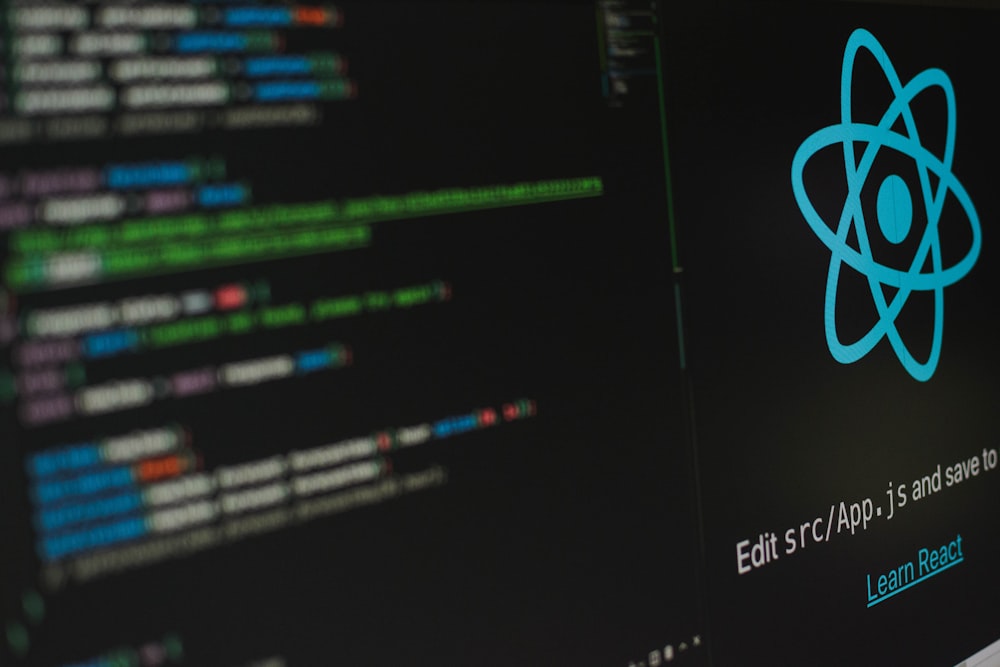
Beginner’s Guide to Programming Essential Tips & Tricks

Unlocking Coding Secrets: Essential Tips for Beginners
So, you’ve decided to dip your toes into the vast ocean of coding? Welcome aboard! Embarking on this journey can be exhilarating, but let’s face it – it can also be daunting, especially for beginners. But fear not! With the right guidance and a sprinkle of perseverance, you’ll soon find yourself navigating through lines of code like a seasoned pro. In this article, we’ll unravel some essential tips and tricks tailored specifically for beginners like you.
Setting the Foundation: Mastering the Basics
Before you dive headfirst into the world of coding, it’s crucial to lay down a solid foundation. Start by familiarizing yourself with the basic concepts and principles of programming languages. Understanding fundamental concepts such as variables, data types, loops, and conditional statements will provide you with a sturdy framework to build upon. Don’t rush through this phase – take your time to grasp these concepts thoroughly.
Choosing the Right Language: Tailor-Made for You
With a plethora of programming languages out there, choosing the right one can seem overwhelming. But fret not; there’s no one-size-fits-all answer. Each language has its own unique syntax, strengths, and use cases. Do some research and identify which language aligns with your goals and interests. Whether it’s Python for its simplicity, JavaScript for its versatility, or Java for its robustness – pick one that resonates with you and dive in!
Practice Makes Perfect: Embrace Hands-On Learning
They say practice makes perfect, and when it comes to coding, truer words were never spoken. Theory can only take you so far; it’s the hands-on experience that truly solidifies your understanding. Set aside dedicated time each day to write code, solve problems, and work on projects. Experiment with different algorithms, tackle coding challenges, and don’t be afraid to make mistakes – for it’s through these mistakes that you’ll learn and grow.
Seeking Guidance: Learn from the Masters
Coding can sometimes feel like navigating through a labyrinth – confusing and bewildering. But fear not, for you’re not alone on this journey. Take advantage of the plethora of resources available online – from tutorials and forums to online courses and coding bootcamps. Surround yourself with a supportive community of fellow learners and experienced developers who can offer guidance, feedback, and encouragement along the way.
Don’t Reinvent the Wheel: Leverage Existing Resources
In the world of coding, there’s no shame in standing on the shoulders of giants. Why reinvent the wheel when there are countless libraries, frameworks, and open-source projects available at your disposal? Whether it’s a ready-made solution to a common problem or a handy code snippet that saves you hours of work – learn to leverage existing resources to streamline your workflow and accelerate your learning journey.
Stay Curious: Never Stop Learning
The world of coding is a dynamic and ever-evolving one. New technologies emerge, frameworks evolve, and best practices change. To stay ahead of the curve, cultivate a curious and inquisitive mindset. Be open to learning new languages, experimenting with









